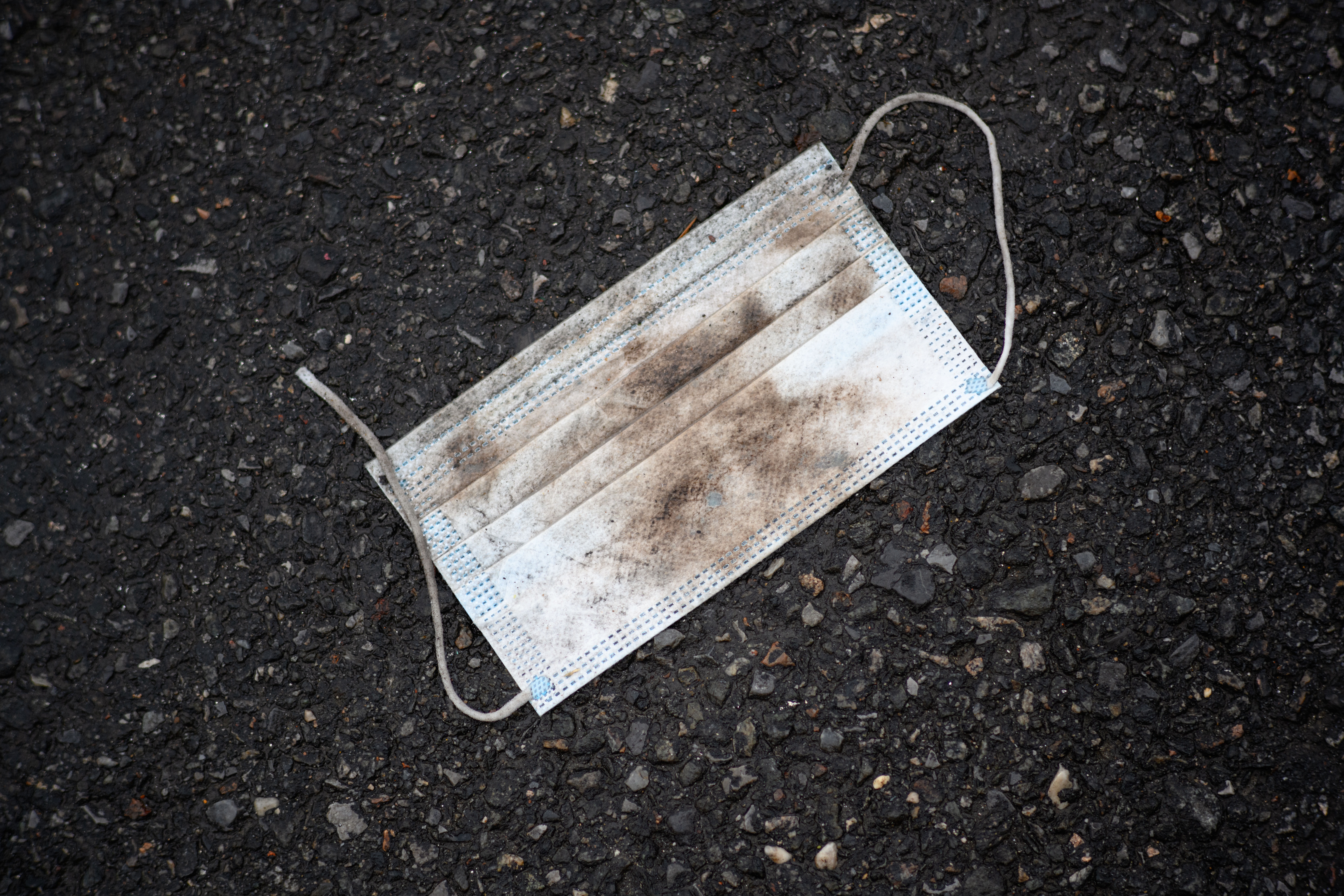

At this point, we’re all familiar with COVID-19 and the ongoing pandemic. Many workers started working from home in the spring and a lot of us still are. Others faced unemployment. Students, from K-12 to college, were sent home and transitioned to online learning. One way or another, we’ve all been personally impacted.
But, the worldwide lockdown also made an impact on the environment. We’ve all probably seen a stray disposable mask or glove in a parking lot, but the impacts span much further than that.
In Yosemite, parts of the park usually full of traffic and people saw animals such as black bears, bobcats, pronghorns, and deer come out of hiding around buildings and walking trails. This was seen in parks around the country during the spring lockdown. Globally, daily carbon dioxide emissions decreased by 17% during the lockdown, with some countries seeing a decrease of 26%.
Turns out we’ve also used less power in comparison to last year, as energy demands decreased in both the U.S. and E.U. In the United States, energy usage dropped, though by how much depends on the region. Warmer areas like Florida dropped minimally, while in the central U.S. and in New York, a decrease of 9-13% was seen in March and April. This can be attributed to businesses closing, including manufacturing plants. In the E.U., energy demand was 10% below that of 2019 in June, and at the end of July, it was still 5% below demand for 2019.
The good news doesn’t come without challenges, though.
In April, water usage increased 21% compared to normal levels in the U.S., according to Phyn, a water-monitoring company. This includes sink, toilet, shower, and washing machine use. According to the study, part of this is due to people washing their hands more often and for longer durations, in accordance with CDC guidelines. We’re also, on average, showering more and using the toilet more. However, non-residential usage decreased up to 19% in some areas of the United States in April, as businesses shut their doors during stay-at-home orders.
This decrease in non-residential water usage doesn’t offset the increase in residential usage, though, especially given the ongoing droughts across the country. Several states have issued water restrictions or encouraging conservation mindsets, including parts of New Hampshire, Massachusetts, and Florida.
Also, there are currently 102 wildfires burning as a consequence of drought. To donate to wildfire funds, the Community Foundation of Santa Cruz County has a list of resources.
Excess trash creation has been an issue for a long time now, especially plastic waste. Plastic waste accumulation impacts habitats by altering the physical structure, blocking light, and even decreasing oxygen levels. The plastic can absorb chemicals, transporting them to new areas where they can harm wildlife, and the waste physically hurts marine and terrestrial wildlife.
We create two billion tons of garbage a year, and the World Bank estimates that global trash will increase to 3.4 billion tons by 2050.
Since the pandemic began, we’ve been creating more trash. From plastic bags at the grocery store to disposable masks and gloves, the piles have been growing. Residential waste saw a 30% increase in some regions of the United States, as states and companies banned the use of reusable shopping bags and restaurants turned to disposable take-out containers and even menus. In the United Kingdom, some areas saw increased waste as well (as of June), which led to increased mismanagement through more usage of landfills and incineration and less recycling. Cities across Asia also reported an increase in medical waste, with Wuhan, China, reporting more than four times the amount of waste of previous months.
Luckily, there’s endless ways to help that range from education to recycling to simply being more aware of how much water you’re using.
Are you worried about energy consumption? Consider going green if it’s available in your area. GridAlternatives is an organization that helps low-income communities install solar panels and helps create jobs in those communities. Worried about your water usage? Reset, a European based sustainability website, offers solutions for various world issues, including water usage. They range from shorter showers, eating less meat, to finding better appliances.
Now, trash. Helping with the current waste issue is just as easy now as it was before the pandemic. While many places are still take-out only and many stores still don’t allow reusable bags, you can still use a reusable mug if you make your coffee at home. Use a reusable mask instead of a disposable. You can also start composting. CompostNow can help get you or your community started. If you want to learn more, 5 Gyres hosts a Trash Academy, an online lesson platform to learn about plastic. You can also donate, to help fund research projects into plastic solutions across the globe.
We are in unprecedented times. But, unprecedented times call for unprecedented solutions. The environment and all the human-made issues will still be there when things are normal again, so why don’t we take this pause to help out in whatever way we can?
The explosive growth of artificial intelligence is creating an unprecedented demand for computing power. As…
As artificial intelligence promises to revolutionize how we solve our biggest environmental challenges, its own…
Artificial Intelligence. It's the ghost in the machine, the spark of alien cognition, the engine…
The hum of servers is replacing the strum of guitars. Algorithms are sketching storyboards. Artificial…
It sounded like Drake. It sounded like The Weeknd. But the track that exploded across…
The algorithms whispering promises of superhuman intelligence, autonomous futures, and economic transformation are built on…